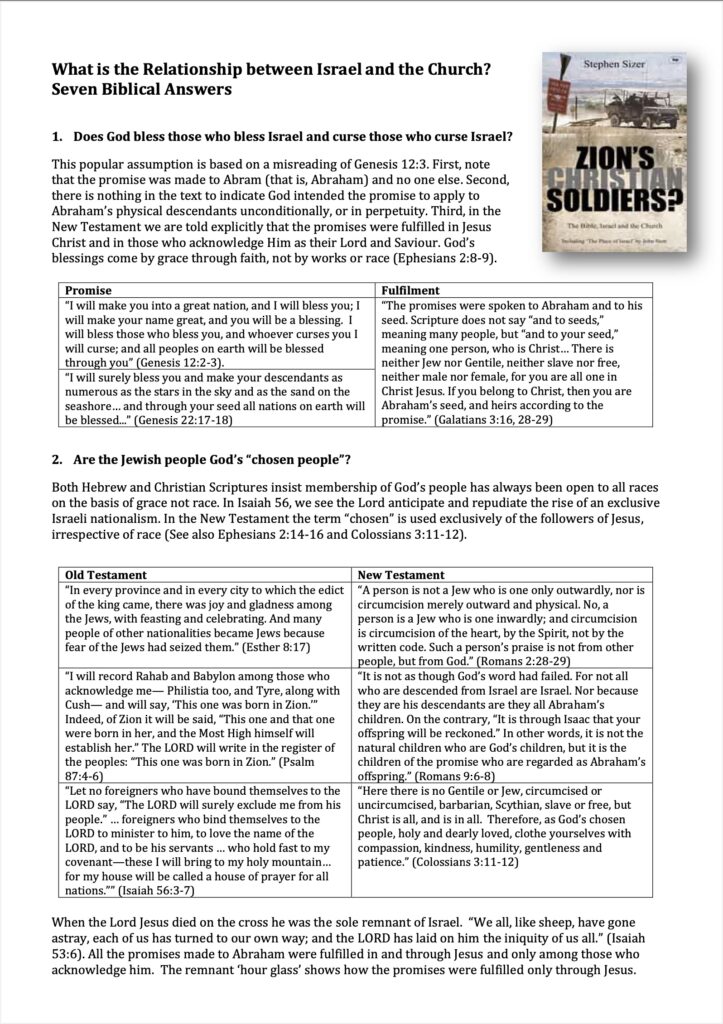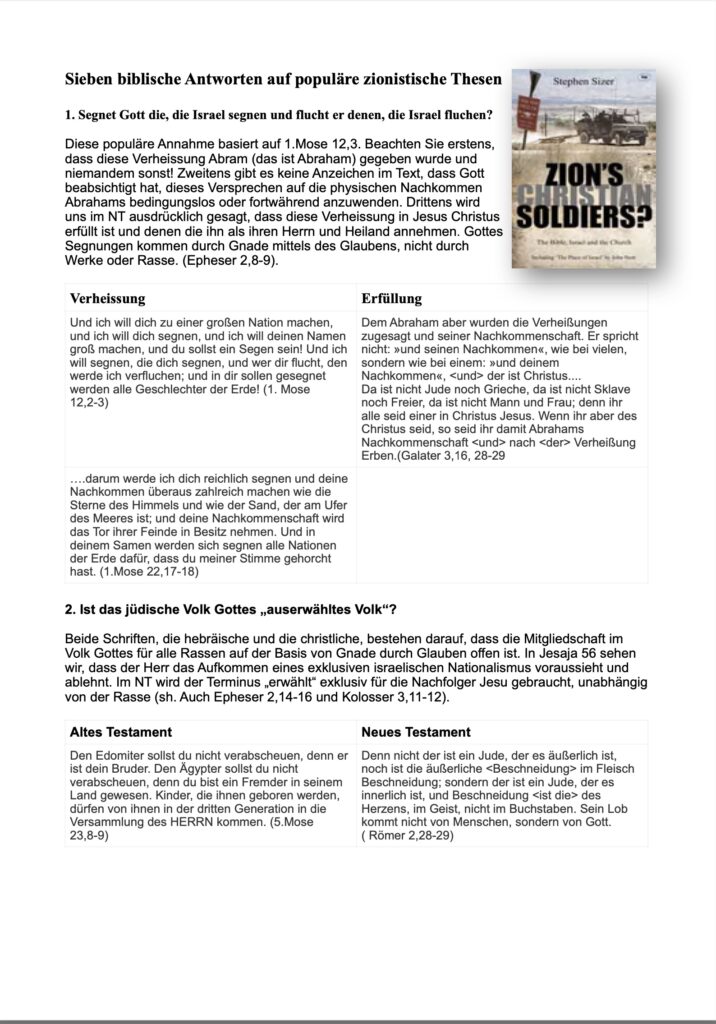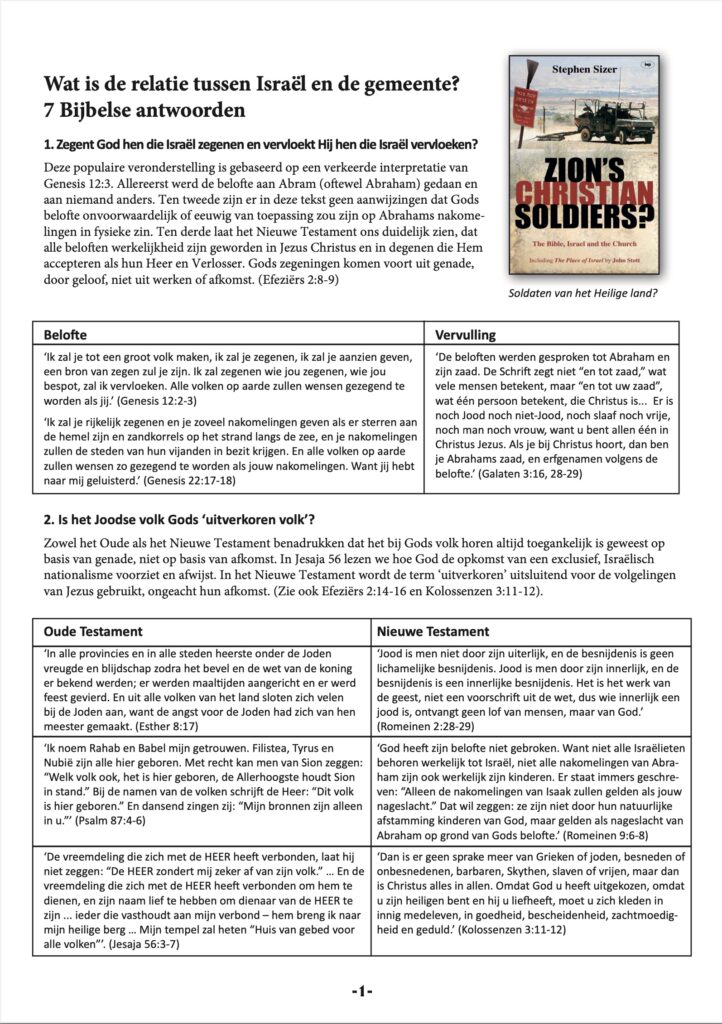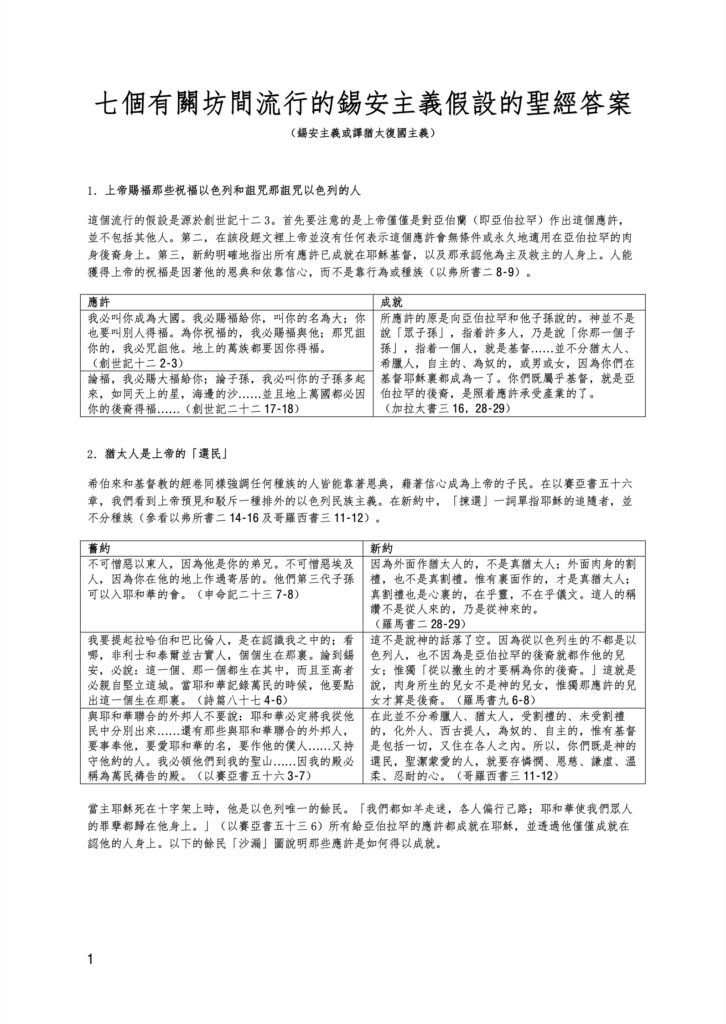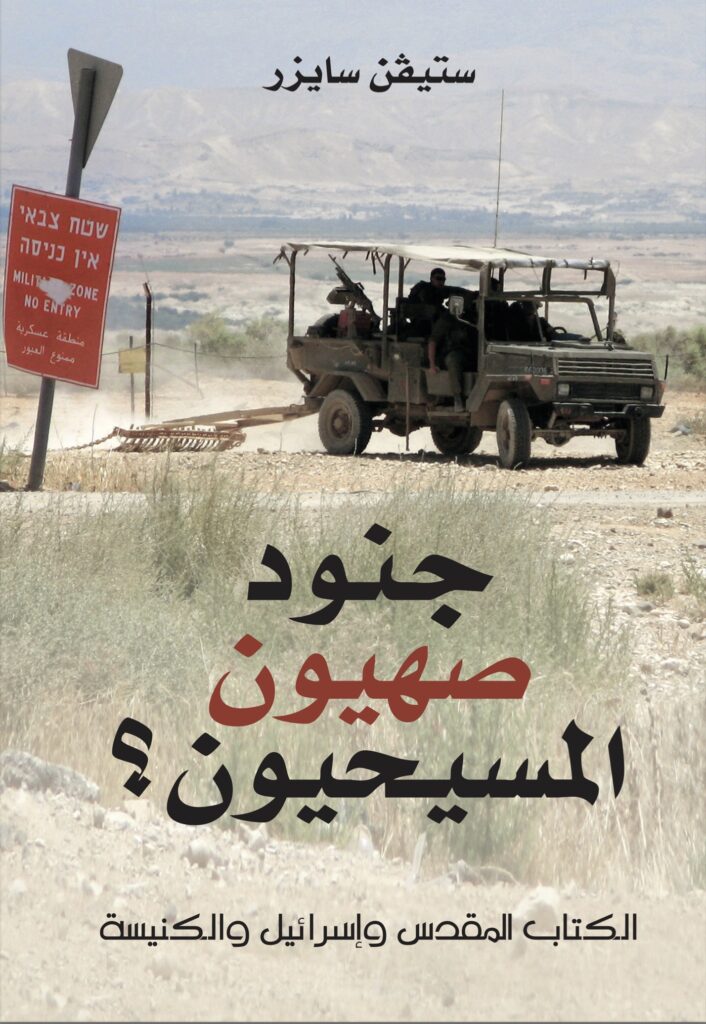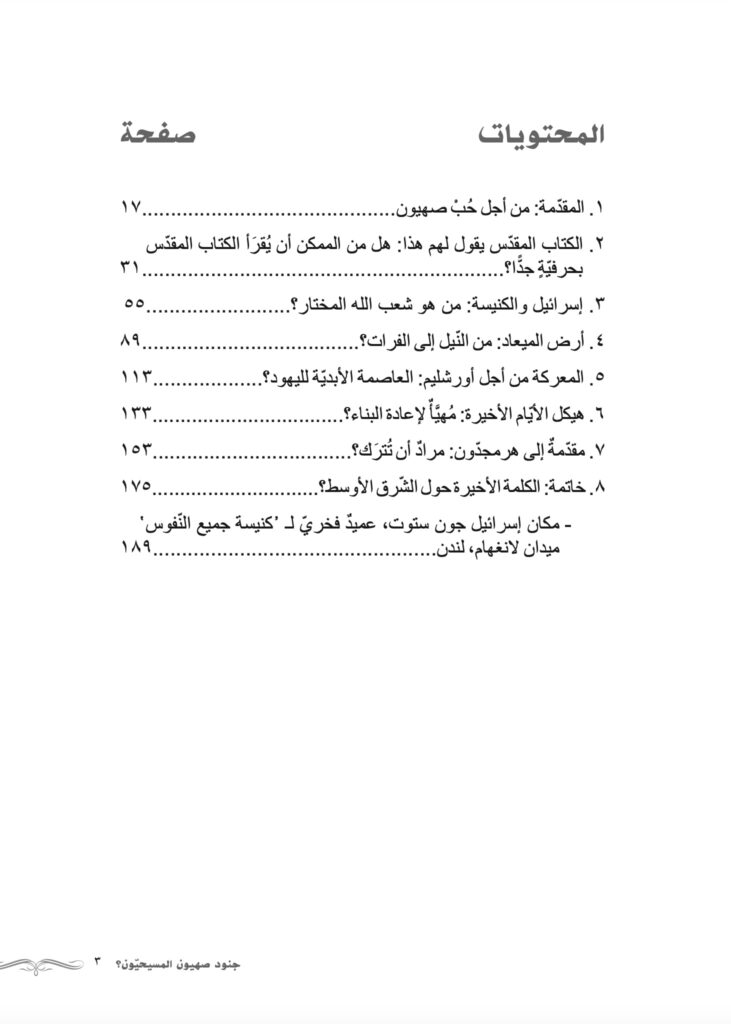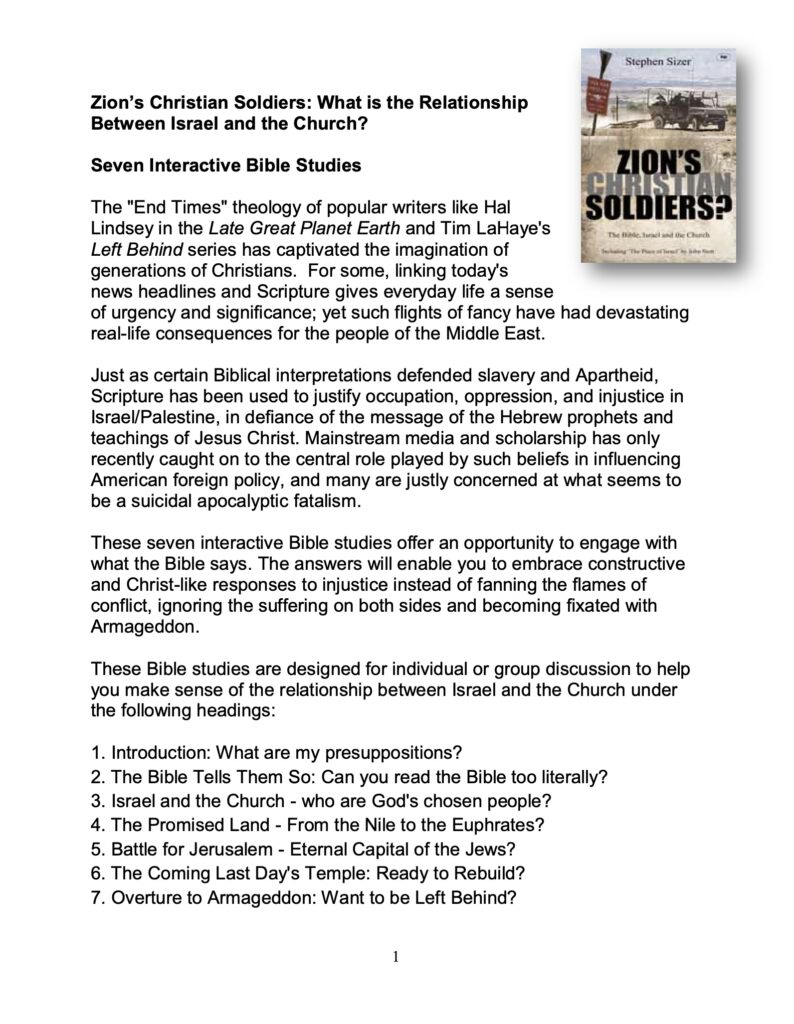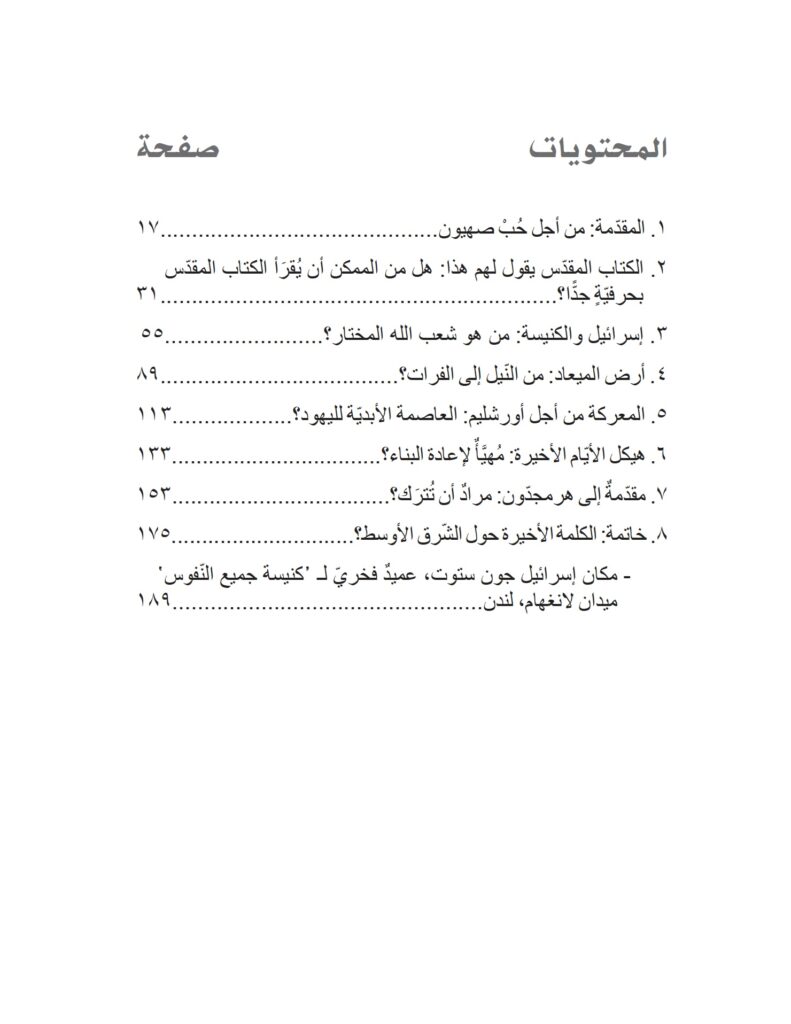A paper delivered at a conference organised by Astan Razavi in conjunction with the University of Tehran and Sharif University of Technology entitled, “Civilisational Thoughts of Imam Raza (peace be upon him_: Justice for all and injustice for no one.” (download a copy here)
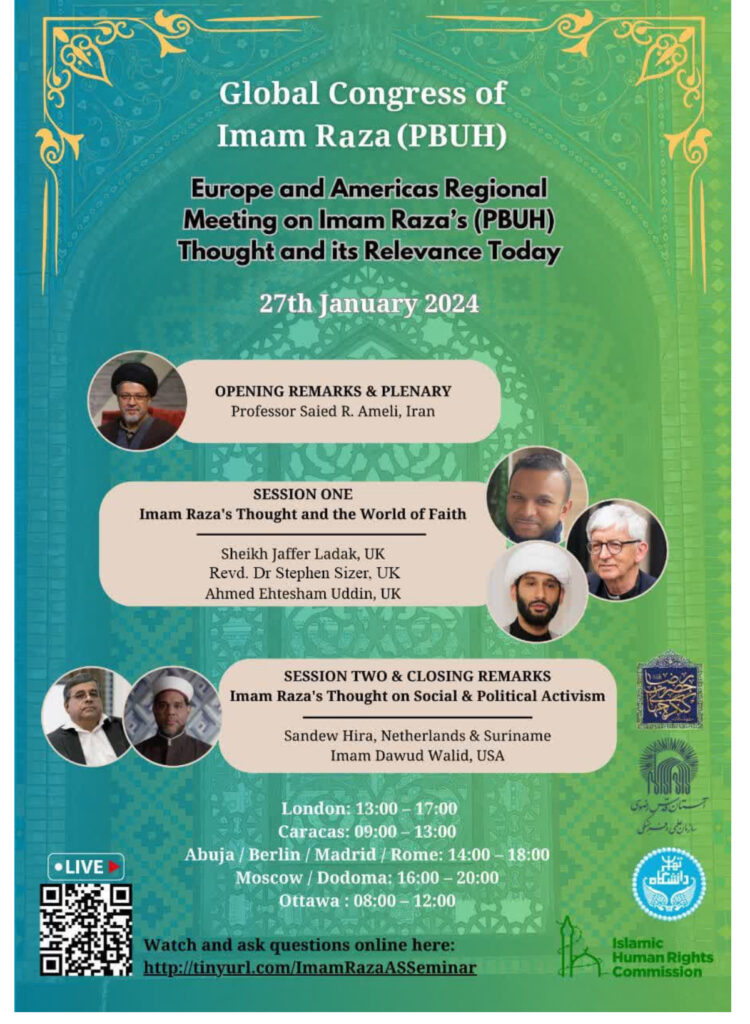
In this short presentation I will be reflecting on the life and teaching of Imam Ali al-Raza as summarised in the Razavi Codes of Ethics,[1] comparing and contrasting them with ethical instructions taught by Jesus Christ found in the four Gospels of the New Testament. Given that those participating will likely already be familiar with the example and teaching of Imam Raza, I will elaborate more on the teaching of Jesus to illustrate similarities and differences, recognising that Imam Raza, living many centuries after the New Testament was written, may well have been influenced by it, consciously or otherwise.
This will not however, be an exhaustive or comprehensive analysis of Islamic and Christian ethical codes, but rather a comparison of some of the 13 examples contained in the Razavi Codes of Ethics with similar statements found in the teaching of Jesus.
Continue reading
